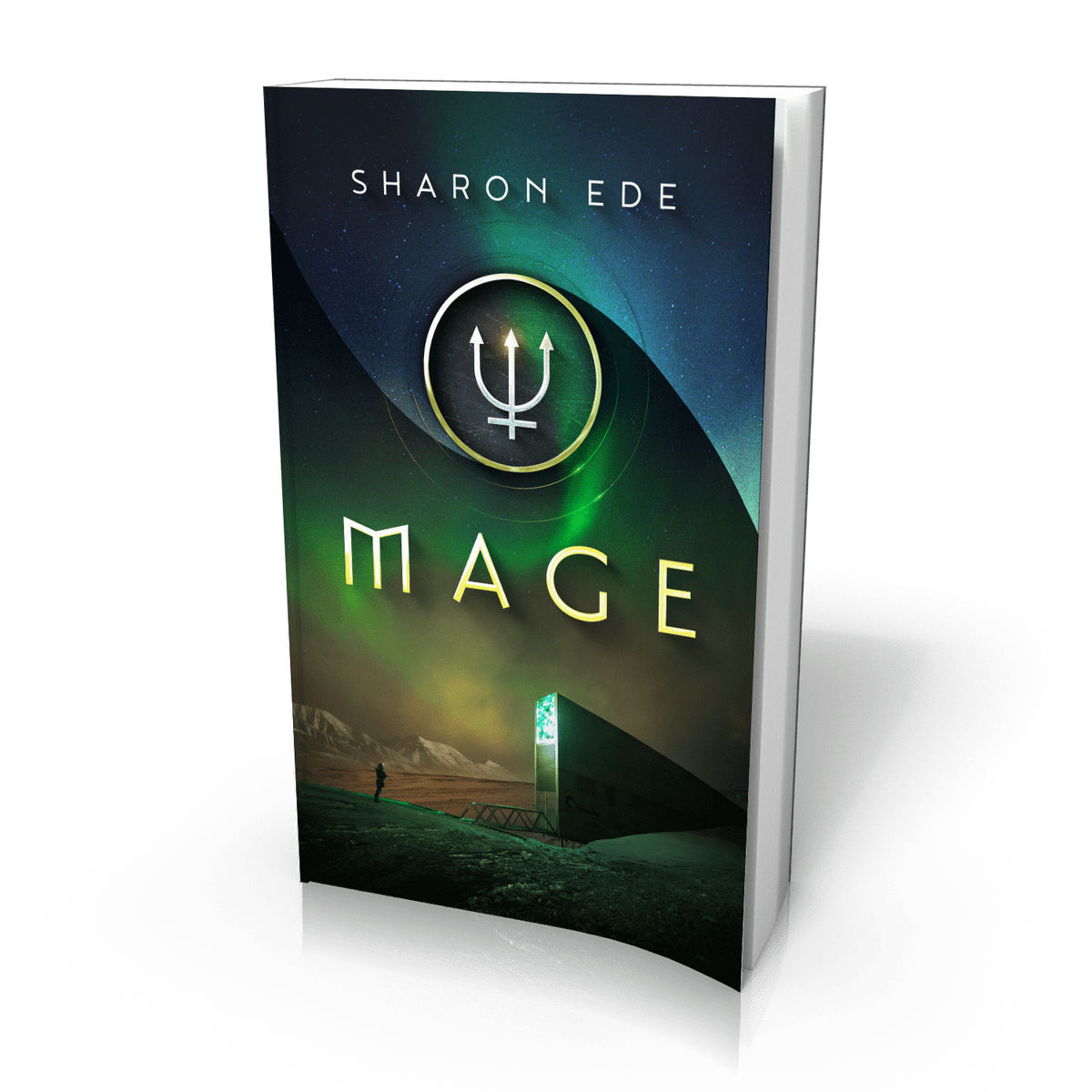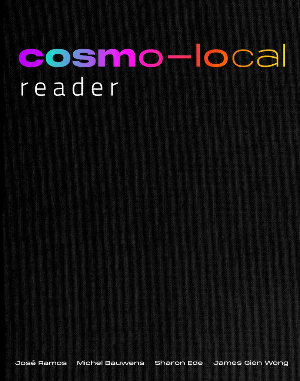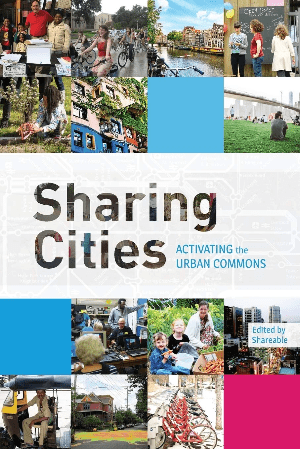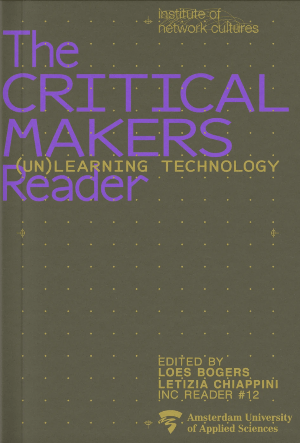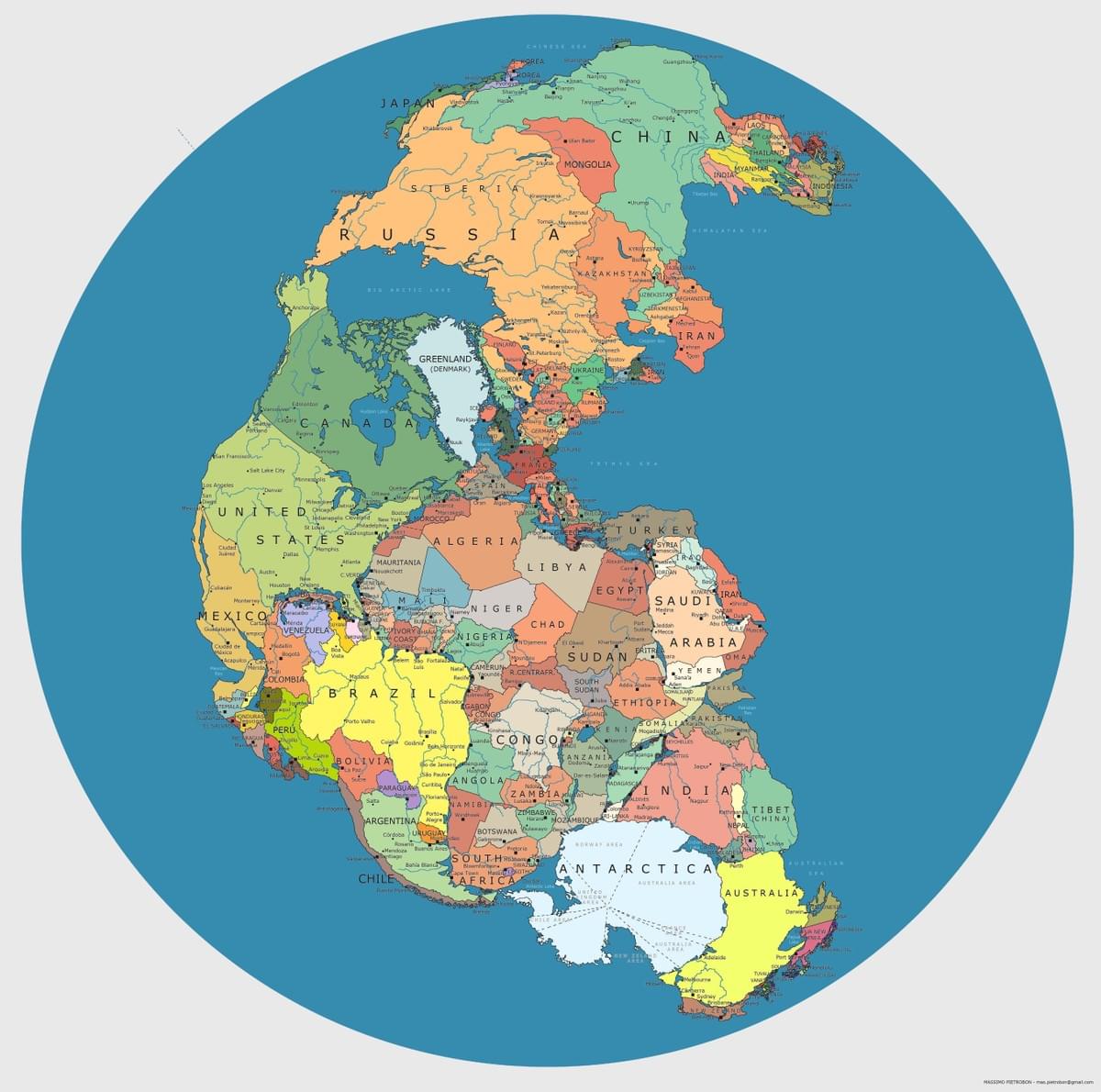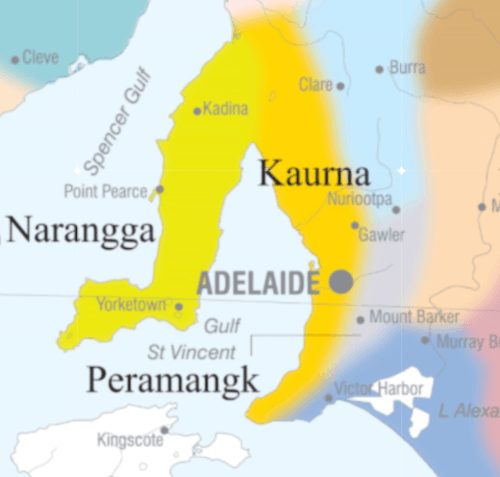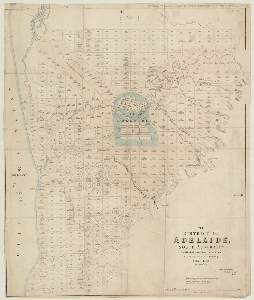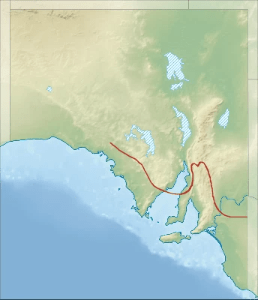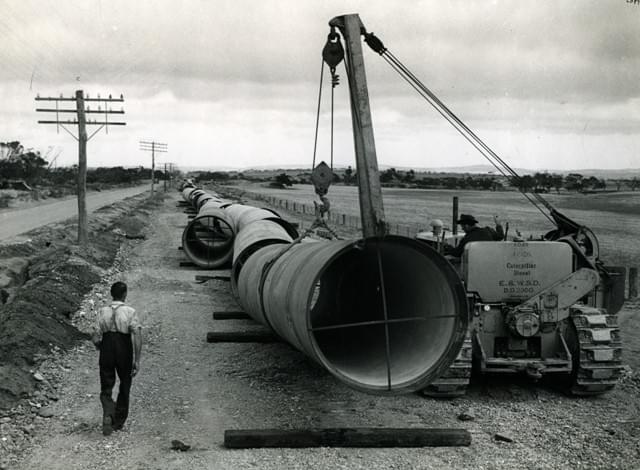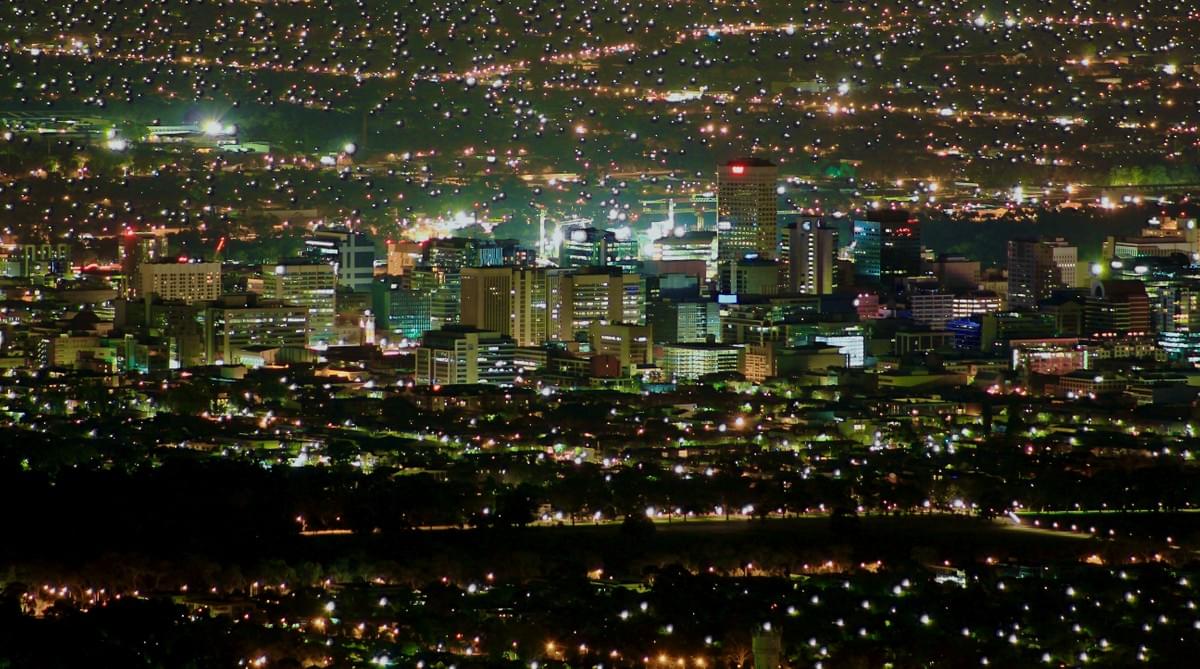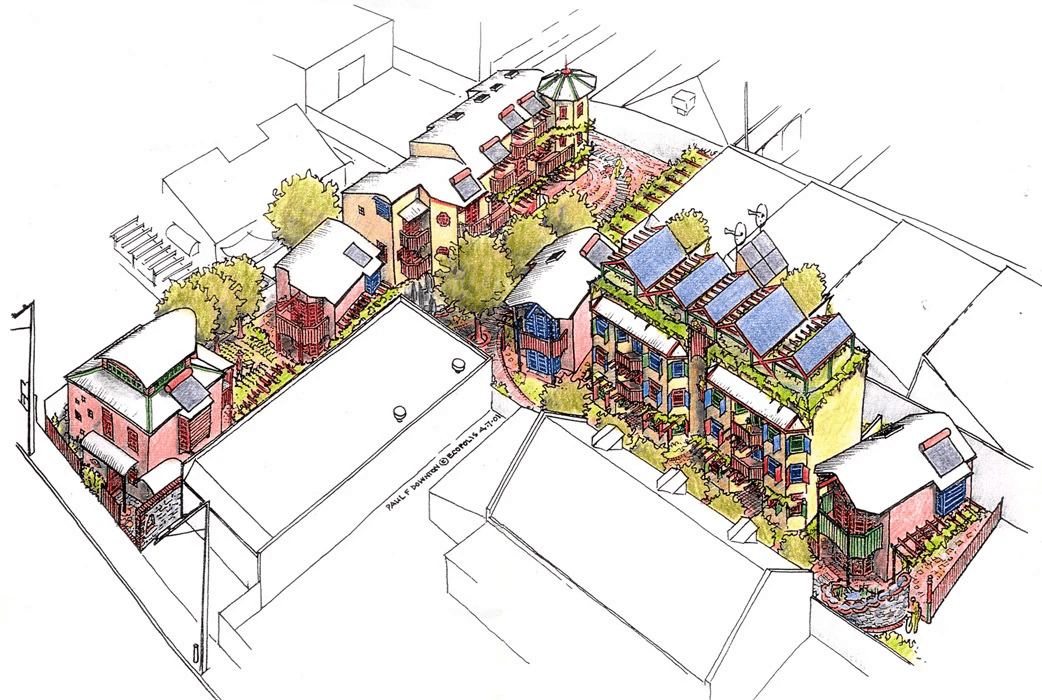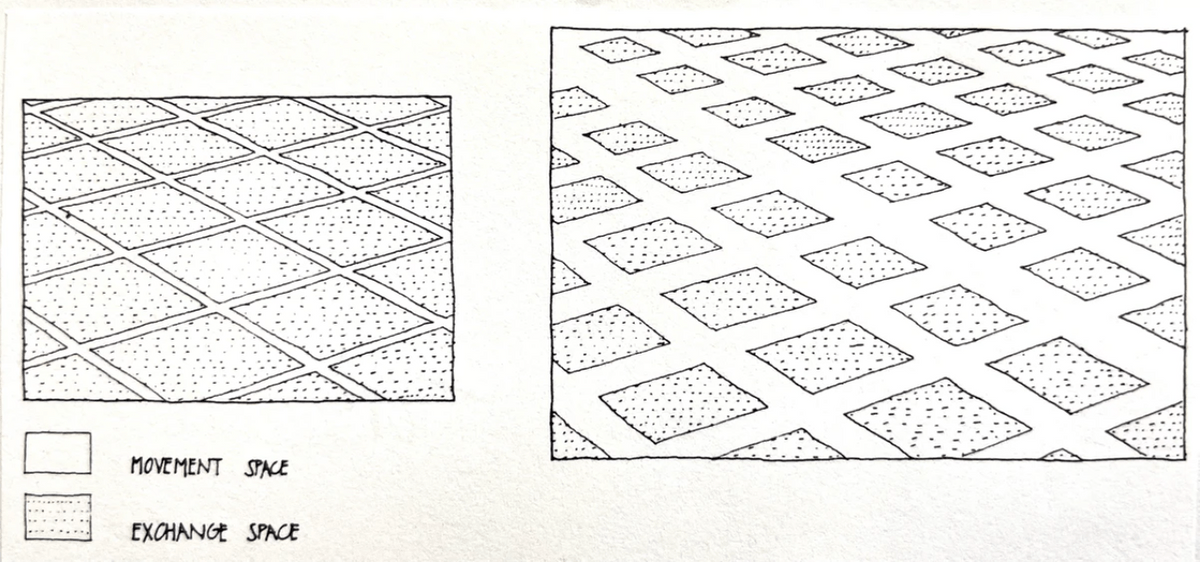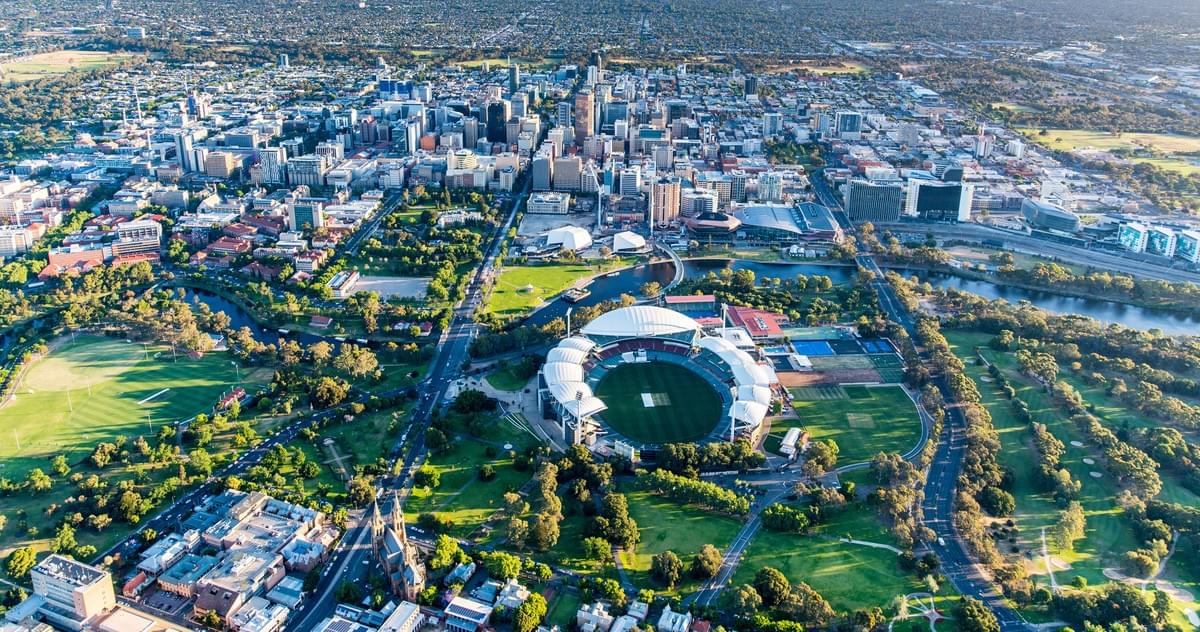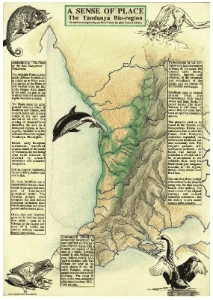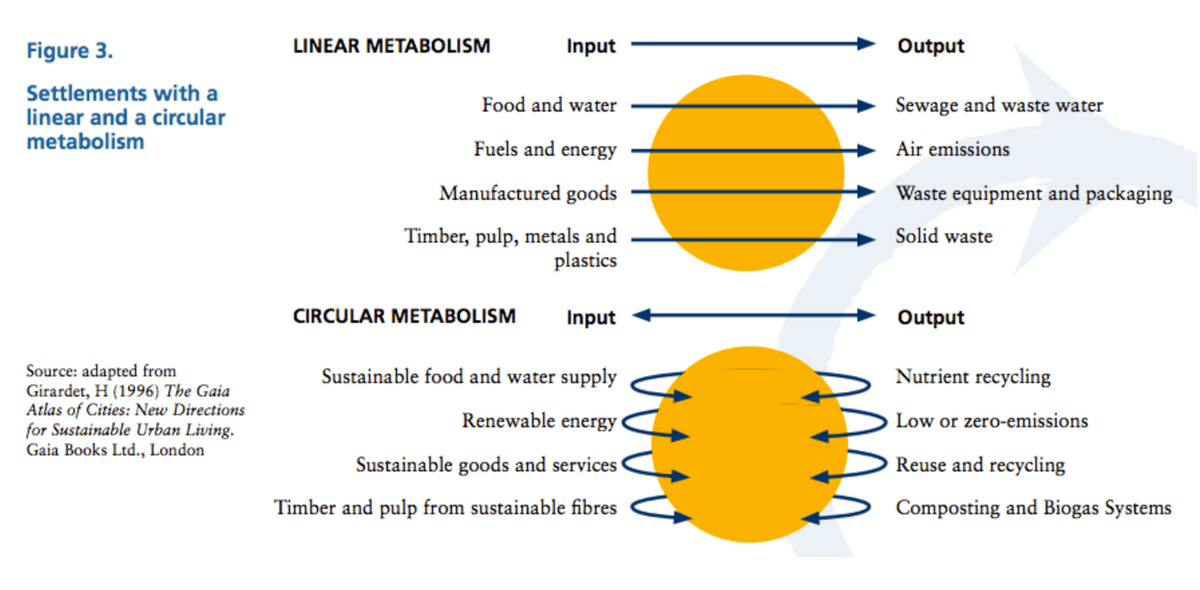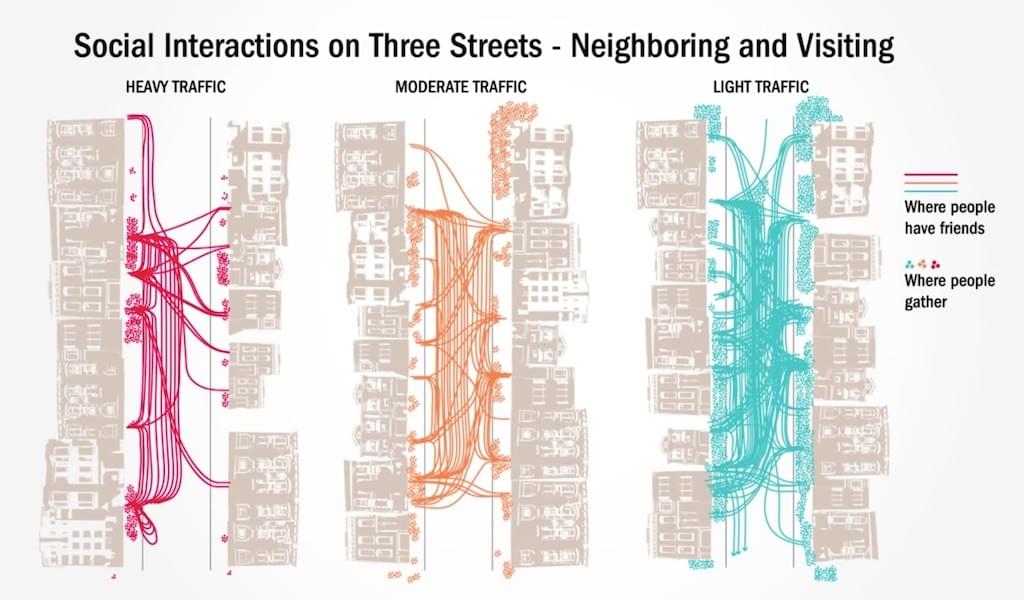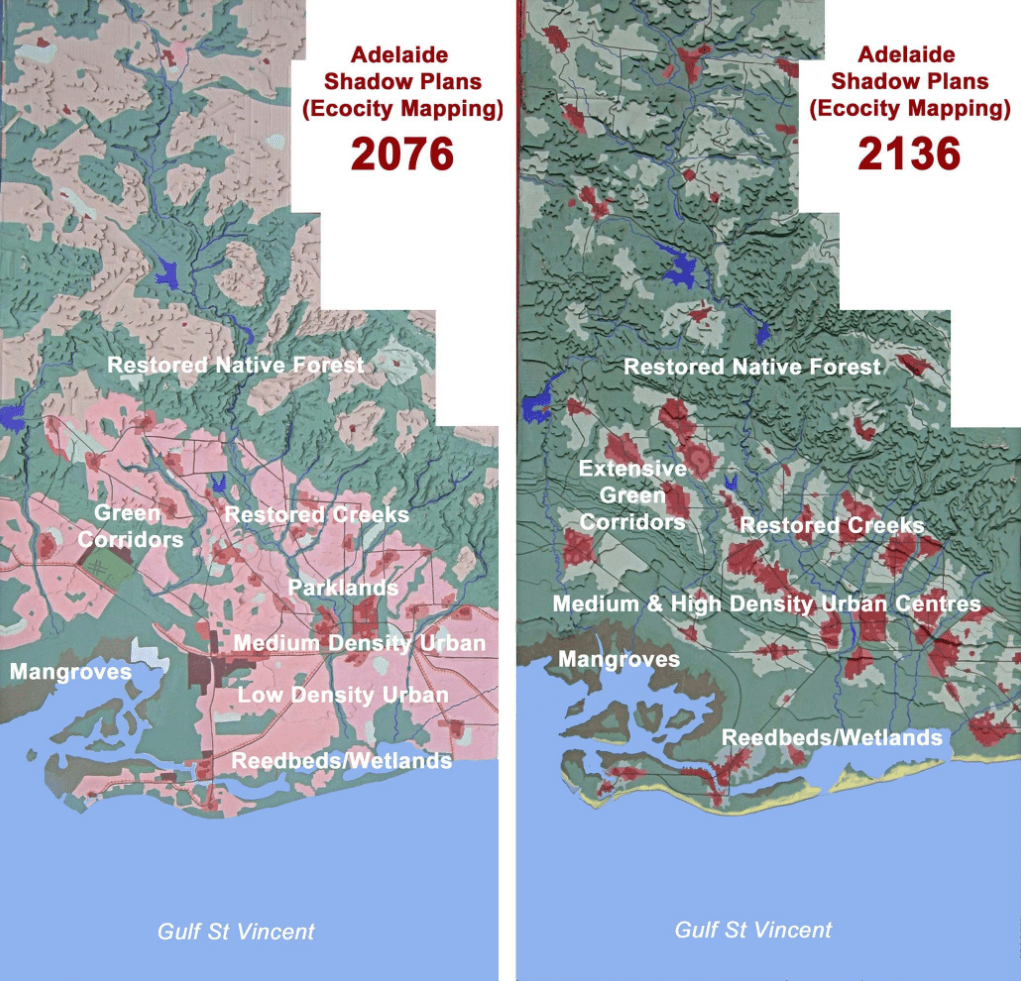
Publications
Books & Book Chapters

MAGE (2020)
What if we could feel the future before it arrives? When disaster survivor Ambra Lightstone is confronted by an otherworldly stranger, she is set on a collision course with the vengeful heir of a hidden civilisation, and must prevent him from unleashing a terrible force that will change the face of the earth - and to safeguard a technology that could save it.
An action-adventure ranging from the canals of Venice, to the far northern Arctic, to remote outback Australia, MAGE explores the depths of our outer and inner worlds in relation to one of the biggest challenges facing humanity in the 21st century.SILVER AWARD WINNER, 2020 NAUTILUS AWARDS
FINALIST, 2021 NEXT GENERATION INDIE BOOK AWARDS
Self published. Available in its entirety to Medium members here.
Screenplay hosted on The Black List here:
Free audio formats (podcast, YouTube) & teaching resources here:

Cosmolocal Reader (2021)
A global knowledge commons. Local livelihoods. Planetary mutualisation. Cosmolocalism stands for a transformation in how we produce the stuff of life. The Cosmolocal Reader documents and discusses theory and practice. From modular automotive manufacturing, to agri-robotics and peer to peer farming, community driven wind power and housing construction, to biohacking, furniture fabrication, upcycling, prosthetics, and disaster relief. Over 40 cases and examples from around the world provide a foundation to consider what exists and what could be, and 12 essays provide thought provoking ideas, reflections, critique and imagination.
Futures Lab, Australia
Editors: Jose Ramos, Sharon Ede, Michel Bauwens, James (Gien) Wong
Production Editor: Abril Chimal

Sharing Cities (2018)
As a Sharing Cities Fellow, contributed case studies and model policies to the Housing and Mobility Chapters of Shareable's book 'Sharing Cities: Activating the Urban Commons', which showcases over a hundred sharing-related case studies and model policies from more than 80 cities in 35 countries. It witnesses a growing global movement and serves as a practical reference guide for community-based solutions to urgent challenges faced by cities everywhere. This book is a call to action meant to inspire readers, raise awareness, and strengthen the sharing movement worldwide. "Sharing Cities" shows that not only is another world possible — but that much of it is already here.
Shareable, USA

The Critical Makers Reader - (Un)Learning Technology (2019)
Co-authored 'Maker-Activists in the Post-Growth City' chapter with with Cindy Kohtala, Postdoctoral Researcher, at Aalto University (whose doctoral thesis was: 'Making Sustainability How Fab Labs address environmental issues').
A decade ago many gushed at the possibilities of 3D printers and other DIY tech. Today makers are increasingly shaking off their initial blind enthusiasm to numerically control everything, rediscovering an interest in sociocultural histories and futures and waking up to the environmental and economic implications of digital machines that transform materials. An accumulation of critique has collectively registered that no tool, service, or software is good, bad, or neutral—or even free for that matter. We’ve arrived at a crossroads, where a reflective pause coincides with new critical initiatives emerging across disciplines. What was making? What is making? What could making become? And what about unmaking? The Critical Makers Reader features an array of practitioners and scholars who address these questions. Together, they tackle issues of technological making and its intersections with (un)learning, art and design, institutionalization, social critique, community organizing, collaboration, activism, urban regeneration, social inequality, and the environmental crisis.Institute of Network Cultures, Amsterdam
Editors: Loes Bogers & Letizia Chiappini
Future History of Adelaide
This ‘future history’ of Adelaide was based on ‘Los Angeles: A History of the Future’ (1982) by Paul Glover, and is written from the year 2136. It examines how Adelaide became an ‘ecopolis’ — an ecological city — over 150 years, reversing the damage done to the region since European colonisation began in 1836.
At the time, there was a proposal for a ‘piece of ecocity’ in Halifax Street, whose features and design principles are referenced as the first fractal of this change. This larger scale proposal did not eventuate, but a smaller scale exemplar, Christie Walk, can be found in the CBD at 105 Sturt Street, Adelaide.
This was written in 1995 at university, as a directed study for history, and reflects my thinking, understanding, available technologies and references at the time. The Ecological Crisis of the 1990s is referred to as ‘EC’ and phrases like ‘200 years EC’ mean 200 years after this Crisis.

The Future History of Adelaide: Earth, Continent, Bioregion
The ecology of a region helps to explain the activities and culture of the civilisations which occupy the area, especially city-making civilisations. But perhaps most importantly, it demonstrates that the characteristics of a bioregion or a continent are not ‘fixed’ or static, that they can and do change.

The Future History of Adelaide: Kaurna - Aboriginal People of the Adelaide Plains
The Kaurna have showed a remarkable will to survive in the face of enormous adversity. When white people dispossessed the Kaurna of this land, they took away the foundations of an ancient culture, the Kaurnas’ identity, purpose and sense of belonging.

The Future History of Adelaide: Transplanting a Culture
The plan for the colonial city of Adelaide was based on the military grid, imported from London and imposed in its ready made form on a landscape unseen by its creators. Despite this, William Light incorporated in his siting of Adelaide the only known instance in Australia where the built form of the Europeans acknowledged the indigenous culture.

The Future History of Adelaide: Land & Hinterland
The apparent ‘separateness’ of the city from landscapes on which it depends is an illusion. To survive, the city has to develop in a way which does not destroy the landscape, and which proactively heals the damage that has been done.

The Future History of Adelaide: Water
Cities must change from having a majority of imported water supply and commensurate export of waste water from the urban area to capturing, storing, using and treating what falls in the watershed - and designing the urban environment - as if the city was not there - to make this possible.

The Future History of Adelaide: Energy
Switching from an economy based on finite, polluting, global warming fossil fuel energy to an economy based on the clean, unlimited energy already available in the form of solar energy.

The Future History of Adelaide: Housing & Architecture
At the core of ecological architecture is understanding the impact of the built form on the wider environment and on human societies. Ecological architecture is about changing the product by changing the process, and is concerned with the ‘invisible’ systems, such as the economics and power structures which underly the manifestation of the built environs.

The Future History of Adelaide: Urban Form & Transport
Urban sprawl and car-dependent cities that displace human exchange space for movement space can be reoriented towards quality, higher density living, rebuilding the city we are constantly rebuilding anyway, with an 'urban shrink' approach.

The Future History of Adelaide: Natural Environs, Green Spaces
Today, almost 150 years EC, it is somewhat easier to envision the Adelaide Plains before the arrival of the Europeans than it was back during the Ecological Crisis of the late 20th century.

The Future History of Adelaide: Governance & Political Organisation
Bioregional governance has given us back our sense of place, our identity, our ability to take action at a local level and a means of repairing the damage done to the planet. This form of governance was only able to manifest once democratic societies became truly democratic and participatory.
The Future History of Adelaide: Economic Activity
The Economy which had distorted the value of things itself became redundant, its services no longer required, as the need for economic activity linked to real people and real places went to the top of the agenda for change.
The Future History of Adelaide: Education & Work
The organisation of work, as it existed in the form of ‘jobs’ until EC, had profound implications for our education system and for our systems of knowledge and understanding in general.

The Future History of Adelaide: Waste & Pollution
The city is not a machine which sits on the surface of the earth, it is a part of nature. The city had to adopt nature’s circular metabolism in order to survive.

The Future History of Adelaide: Culture & Communication
‘Culture’ is the way we relate to each other and our environs, based on our beliefs and value systems. What had been defined as ‘communication’ was merely the technology — the means. The content of what we are communicating is our culture.

The Future History of Adelaide: Ecopolis Adelaide
Through positive examples, people understood that it was within their power to create happy, healthy, ecologically responsible futures for themselves.
